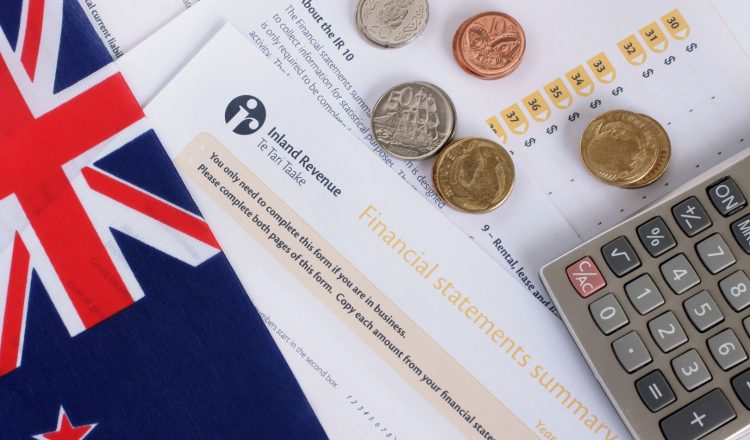Taxation – General Service Tax (GST)
GST is a value added tax imposed on supplies of goods and services in New Zealand by a GST registered person. The rate of GST is generally 15% of the value of a supply.
A supplier of goods and/or services must be registered for GST if the annualised value of taxable supplies made by that supplier exceeds or is likely to exceed NZ$60,000 in a 12 month period. Additionally, a person may register voluntarily, provided they carry on a taxable activity (or intend to carry on a taxable activity from a specified date). Voluntary registration is also available to certain non-residents not carrying on a taxable activity in New Zealand, provided certain requirements are met.
GST charged by registered persons on supplies of goods or services is known as “output tax”. A registered person reduces output tax charged on supplies made in a taxable period by GST paid by the registered person in the course of making those supplies (input tax). The net amount is paid to Inland Revenue or claimed as a refund.
Offshore suppliers of goods to New Zealand end consumers will generally be required to register, collect and return New Zealand GST on imported goods valued at or below NZ$1,000 and where total sales to New Zealand exceed or are likely to exceed NZ$60,000 in a 12 month period. Imported goods valued at more than NZ$1000 will generally be subject to import GST. In addition, non-resident suppliers (including “electronic marketplaces”) of “remote services” (for example, digital services and intangibles) are required to register for GST if the total value of supplies made to New Zealand resident consumers exceeds NZ$60,000 in a 12-month period.
Some supplies, most importantly supplies of financial services, are exempt from GST (although some supplies of financial services will be treated as zero-rated supplies). In addition, certain supplies (including sales of businesses as going concerns) are zero-rated (ie GST is reduced to 0%).
Most transactions between two GST-registered persons that have a land component are also required to be zero-rated for GST purposes, provided certain criteria are met.
The main difference between exempt and zero-rated supplies is that a registered person making zero-rated supplies may claim input tax deductions for GST paid in the course of making those supplies, whereas a maker of exempt supplies may not.
GST returns must be filed every one, two, or six months, depending on the level of turnover of the business. If a non-resident supplier of digital services and intangibles, or of low-value goods is GST registered, GST returns must be filed every three months.

















































